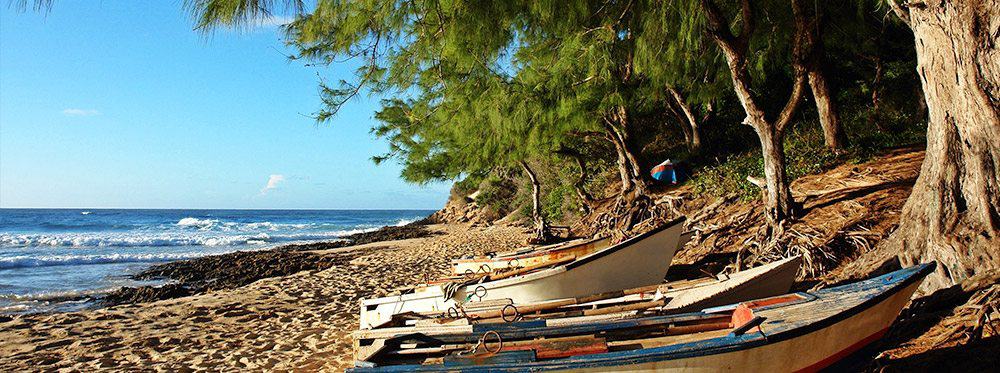International Schools in Mozambique are a great choice for both local and expat families as they offer globally recognized curricula, outstanding academics plus a nurturing environment for children. Discover our selection of the best International Schools in Mozambique, including reviews, fees, and why families choose them.
Why choose an international school in Mozambique?
Choosing an international school in Mozambique offers a myriad of advantages that extend beyond mere academic excellence. These institutions are renowned for their dynamic educational environments that not only prepare students for global higher education but also imbue them with a profound understanding and appreciation of diverse cultures. This is crucial in today’s globalized world where being culturally adept is just as important as academic qualifications.
Global Curriculum
International schools in Mozambique typically follow globally recognized curricula, such as the International Baccalaureate (IB), British GCSEs, or the American curriculum. This adherence to an internationally accredited curriculum ensures that students receive an education that holds up on the global stage, facilitating easier transitions for those moving abroad for further education or professional opportunities. Moreover, these curricula are designed to foster critical thinking, creativity, and problem-solving skills, preparing students to tackle the challenges of the modern world effectively.
Cultural Diversity
The student body in these schools often comprises individuals from various nationalities, creating a melting pot of cultures. This exposure to different cultures promotes a deeper understanding and respect for global diversity, essential for personal and professional success in a globally interconnected world. Furthermore, it offers students the unique opportunity to learn multiple languages, which is a coveted skill in many professional fields.
Extracurricular Excellence
Beyond academics, international schools in Mozambique shine in their extracurricular offerings. From sports to arts and various clubs, these activities are integral to holistic education, helping in the development of well-rounded individuals. They encourage students to explore their interests and passions, which is vital for personal growth and development. Moreover, these extracurricular activities often lead to international opportunities, such as global tournaments and art exhibitions, enhancing students’ profiles for college applications.
Technology Integration
In an era where technology permeates all aspects of life, international schools in Mozambique are at the forefront of integrating technology into their teaching and learning processes. This not only makes learning more engaging but also ensures that students are adept at using modern tools and technologies, preparing them for future careers in a digital world.
Community and Support Networks
International schools are more than just educational institutions; they are vibrant communities that offer strong support systems for students and families alike. These schools often have well-established networks of parents and alumni that can provide guidance and support, be it for settling into a new country or for future career and educational endeavors. The sense of community in these schools also helps in building lasting friendships and networks that span globally.
Top rated International Schools in Africa 2025
-
King’s School The Crown
0 reviewsInternational Schoolin 6th of October City, Giza Governorate· from 253,000 to 345,000 EGP / yearInaugurated in September 2023, in West Cairo, Egypt, King’s School The Crown is the first school in the region to offer an integrated and continuous premium education.Read moreWhy parents choose this schoolBritish Curriculum -
Khalil Gibran School Rabat
0 reviewsInternational Schoolin Rabat, Rabat-Salé-Kénitra· from 39,500 to 46,000 MAD / yearSince its foundation in 1986, Khalil Gibran School has been on a steady growth path, being a pioneer in Morocco with its international, rich and diverse educational program.Read moreWhy parents choose this schoolArabic English FrenchCambridge Curriculum Moroccan Curriculum -
The Aga Khan Academy Mombasa School
3 reviewsInternational School · Boarding Schoolin Mombasa, Kenya· from 500,000 to 3,058,000 KES / yearThe Aga Khan Academy Mombasa is part of a global network of day/residential schools for high-achieving students in Grades 1-12. The outlook and educational perspectives of the Aga Khan Academies network are based on the vision of His Highness the Aga Khan. The aim of the Academies is to develop future leaders with the skills […]
Read moreWhy parents choose this schoolIB Curriculum -
International School of Uganda
0 reviewsInternational Schoolin Kampala, Uganda· from 6,200 to 32,000 USD / yearThe International School of Uganda (ISU), formerly known as Lincoln International School, is located on a green 33-acre purpose-built campus in the quiet Kampala neighborhood of Lubowa.Read moreWhy parents choose this schoolIB Curriculum
How much do International Schools in Africa cost?
According to World Schools data, the yearly tuition fee for International Schools in Africa ranges between $5300 and $8700. However, the cost varies significantly depending on various factors such as the school curriculum, extracurricular activities, location, and facilities, and can go up to $31500.
The average yearly cost is $7600, around $800 per month, and can go up to the maximum monthly cost of $3200.
Additionally, most schools will also charge a one-time registration fee, and you also need to count an extra budget during the year for extracurricular trips, holiday camps, etc.
If you would like to explore International Schools in Africa with yearly fee filters, please use our advanced search filters.
Parent and Student Reviews of International Schools in Africa
Summary
International schools in Mozambique offer a global curriculum, cultural diversity, and excellent extracurricular activities, making them ideal for holistic child development. These schools not only prepare students for global higher education but also equip them with critical cultural competencies and technological proficiency, essential for thriving in a connected world.
